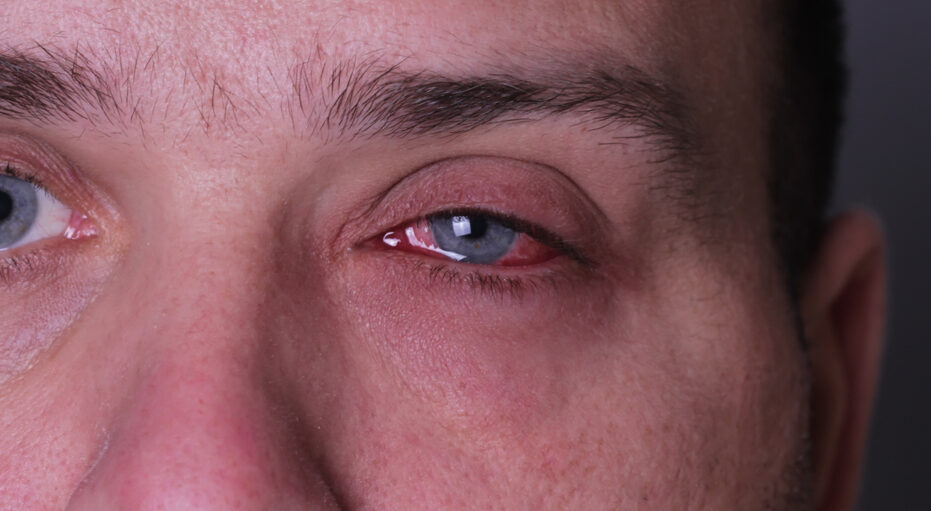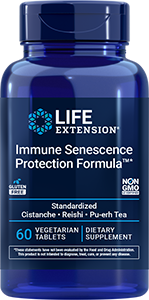Pink Eye

How to Prevent Pink Eye
By Dr. Kristie
Conjunctivitis, or pink eye, is one of the most common causes of a non-painful red eye. The symptoms usually start in one eye, but can quickly spread to the other if poor hygiene is practiced.
Most pink eye is contagious, although in some cases an irritated pink eye can be allergic in nature or due to chemical irritation rather than a bacterial or viral infection.
Because most conjunctivitis or pink eye is caused by bacteria or viruses that are easily spread, it’s important to take measures to reduce its spread from person to person and from child to child. Here’s how to prevent pink eye.
Prevent pink eye: Stay away from those who have it.
Because conjunctivitis is highly contagious, it’s important to avoid handling any items that an affected person has handled – including towels, washcloths, pillowcases, and anything else that could have come into contact with an infected eye.
Children should avoid sharing toys with other children who’ve been diagnosed with pink eye since it’s transmitted very easily from child to child.
Testing
STD Tests
STD Testing at-Lab (Near Me)
STD Tests at-Home (Kits)
Fertility Tests
Women's Fertility Test at-Home
Health Tests
See All >>
To prevent pink eye: Don’t share cosmetics with others.
It may be tempting to try out that new shade of purple eye shadow at the cosmetic counter, but resist the urge. The bacteria and viruses that cause conjunctivitis can live on the surface of cosmetic testers longer than you think.
Likewise, don’t use another person’s cosmetics – no matter how tempting it may be. If you experience a bout of conjunctivitis, throw away your eye makeup and replace it with new cosmetics to avoid reinfecting yourself.
To prevent pink eye: Clean your contact lenses
Contact lenses can be another source of bacteria and viruses that cause conjunctivitis – especially if they haven’t been cleaned properly. If you have pink eye, it’s safest to stop wearing contact lenses until the infection has completely resolved.
Disinfect your lenses before wearing them again and throw away any disposable lenses that came into contact with the infected eye. Learn how to clean contact lenses properly to reduce the risk of conjunctivitis.
To prevent pink eye: Wash your hands frequently
This is one of the most effective ways to prevent conjunctivitis. Encourage children to wash their hands throughout the day, particularly after playing with other children or handling their toys.
Teach children to keep their hands away from their face and avoid rubbing their eyes – particularly in a public place. Hand washing not only reduces the risk of getting conjunctivitis, but colds and viruses as well.
The bottom line?
No one wants a red, irritated eye. Take some simple precautions and you can reduce your risk of developing pink eye and spreading it to others.
About the Author
She is a Medical Doctor with a concentration in Family Practice. She also has an undergraduate degree in both Biology and Psychology and master's in clinical Pathology.
Related Articles
Yeast Infections - The B Vitamin that Treats Fungal Infections
Products
Life Extension Immune Senescence Protection Formula™ (60 Tablets)
LE’s Best in Class Immune Senescence Protection Formula provides immune system support to rejuvenate the immune system & promote healthy response.
Order Now >>
 Disclaimer: Articles not intended to Diagnose, Treat, Cure or Prevent Diseases.
Disclaimer: Articles not intended to Diagnose, Treat, Cure or Prevent Diseases.
Infections | Education | Products | Testing


